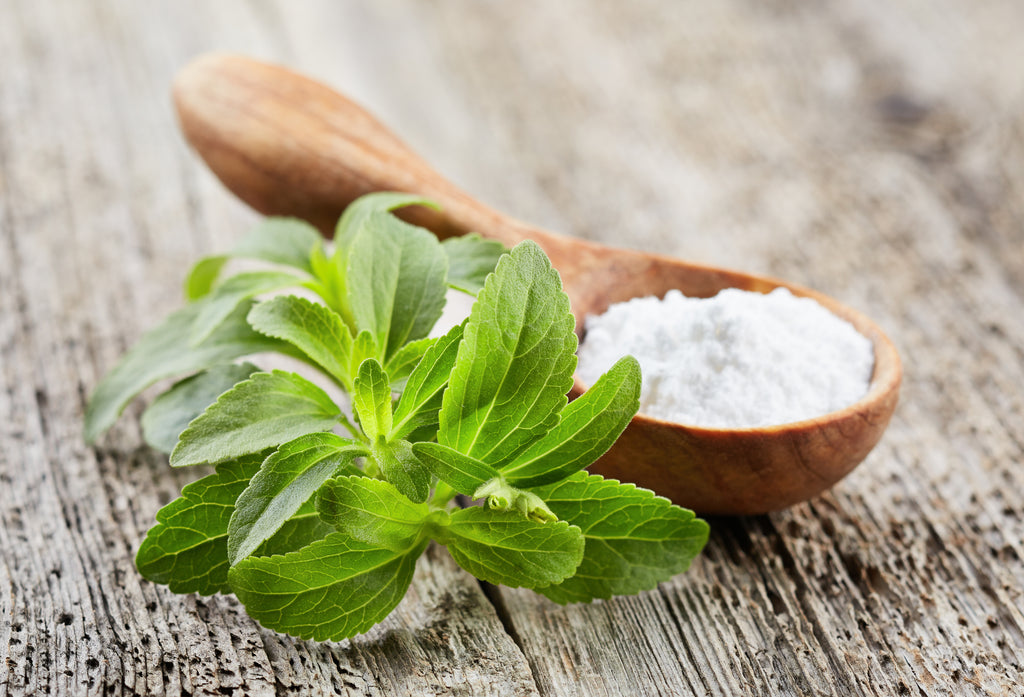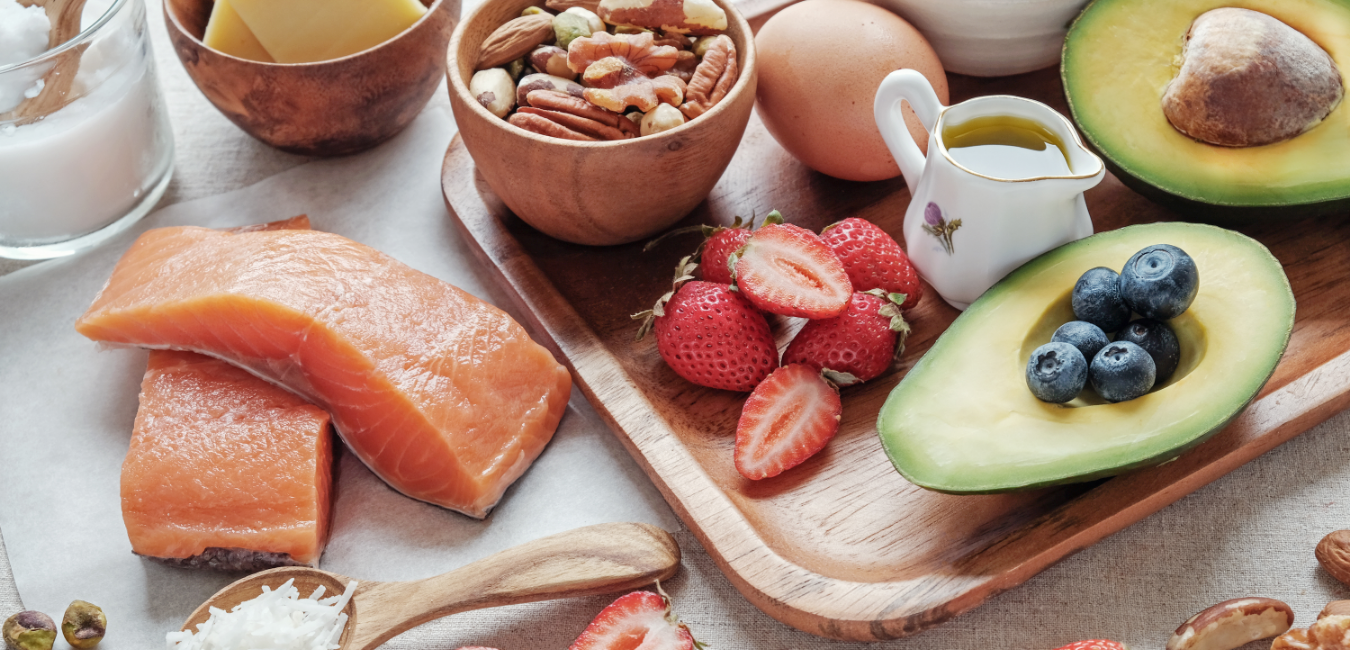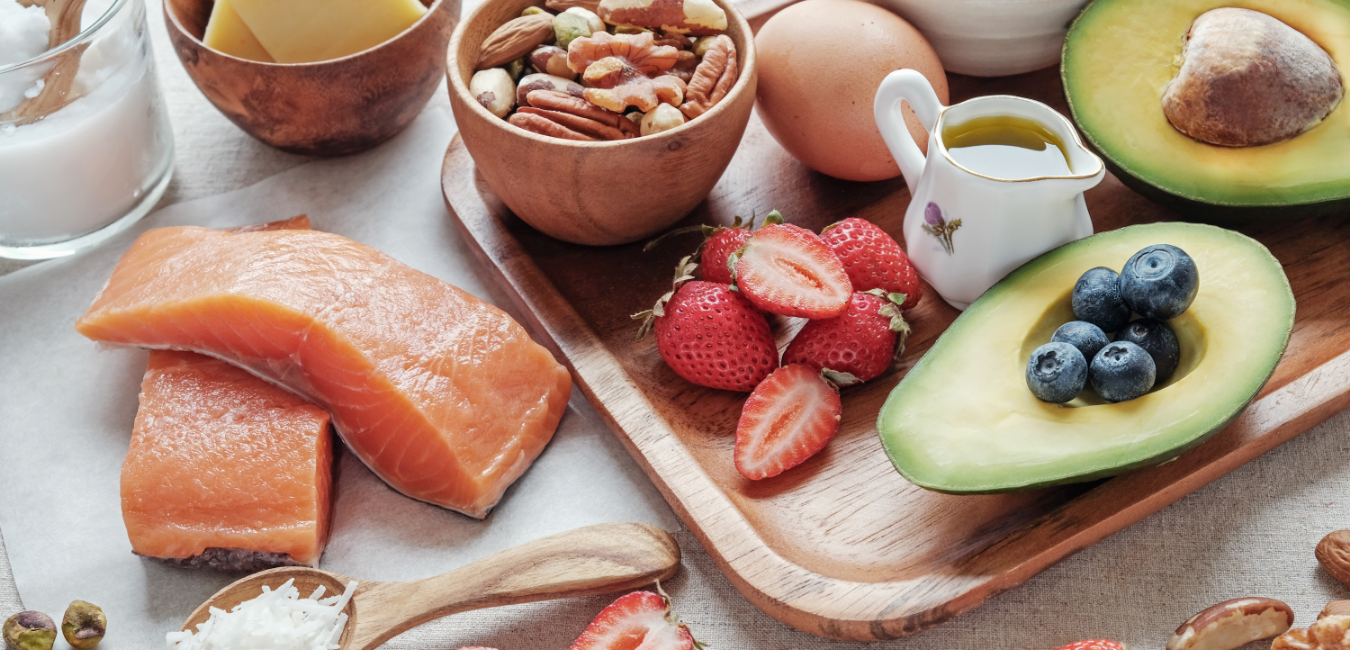04th Dec , 2018

Circumstances beyond our control often sweep our lives in a completely different direction than we expect. Skye’s Type 1 diabetes diagnosis created a cataclysmic shift on so many levels. In addition to big things like changing our way of eating and bringing us closer together as family, we now also prioritise regular exercise. Even a 20-minute walk after dinner helps Skye to stay in a normal blood sugar range through the night. It’s also great for our own overall well-being.
Another change I never expected was to become a food label and ingredient expert. There are a significant number of products on supermarket shelves with claims like: sugar free or no sugar added. However, these products contain ingredients that spike sugar levels in a very similar way to sugar. If you’re reading this blog, you’re probably aware that dates, agave, maple syrup and coconut sugar are essentially sugar. If you’re not, then this is important to read, while dates, agave, maple syrup and coconut sugar have a slightly lower glycaemic index than sugar, they should be avoided if you are trying to keep sugar out of your kids diets or are on a keto / low carb diet.
There are other ingredients that cause an insulin response in our bodies that are hidden in products with sugar free labels. Our family learned this the hard way, through experience. Once Skye was diagnosed, we thought protein bars and cookies were our answer for convenient snack foods and treats. The ease of having a snack food that we could carry with us was incredibly appealing. We tried to make these bars and cookies work, we really did. Skye’s sugar levels would spike crazily, even with just ¼ of a protein bar, despite the low carbohydrate claim on the packet. We would give her an insulin injection to combat this blood sugar spike. Initially, we thought it may have been a reaction to the whey protein powder in many of these products. Apparently, some Type 1 diabetics have an autoimmune reaction to dairy (i.e. dairy products cause blood glucose levels to rise). So, we decided to stay away from these products. We were still thoroughly perplexed. Skye can eat full fat cream, butter and cheese without the same blood glucose response. A few months later, we realised this had nothing to do with dairy and everything to do with the sugar free sweeteners these products were using.
The day that we discovered the ingredient culprits that caused these blood sugar spikes happened on a supermarket trip after school pick-up. I was tired, the kids wanted a treat and we were all a little grumpy, a normal afternoon for our family. Our mood lifted and we were extremely excited when we saw a new product range of Sugar Free lollies and Sugar Free marshmallows in glossy, colourful packets. Finally, treats for our family! We bought one of every type. When we got home and after unpacking groceries, Skye tried a single lolly. Her blood sugar levels skyrocketed. It only took one lolly! I looked at the packets in more detail and despite saying they were sweetened with stevia on the front of the packet, they also had a sweetener called malitol or maltitol. I did a google search about whether malitol causes a blood sugar spike and my screen was peppered with warnings and cautions for diabetics around this ingredient. Apparently, malitol behaves similarly to sugar in our bodies. Go figure, the packets with the gigantic ‘SUGAR FREE’ labels across their product range never mentioned this. If it spikes Skye’s sugar levels, then it also creates an insulin response like sugar in our bodies. And, it could totally kick someone out of ketosis, eliminating the whole reason behind that last intermittent fast!
Finally, the mystery of the supposedly sugar-free protein bars and cookies was solved… malitol, sorbitol and mannitol were to blame.
I wrote to the sugar-free candy manufacturer (twice) explaining the impact their product had on my 3-year-old daughter. Honestly, I was hoping they could reformulate at least one of their recipes to use erythritol (which has no impact on sugar levels) or perhaps they were working on a new recipe that included erythritol. To date, I have not received a response. If a product causes an insulin response as a result of the sweetener used, shouldn’t there be a warning on the label rather than just saying it’s a zero carbohydrate product in the Nutritional Panel on the packet?
It probably won’t surprise you when I say that malitol is considerably cheaper than erythritol. Sugar free products are priced at a premium to their refined sugar equivalents. Shouldn’t that premium cover the cost of using high quality ingredients like erythritol, monk fruit and stevia?
Nearly every product on our supermarket shelves that claims to be ‘sugar free’ causes an insulin response due to the addition of cheaper sugar substitutes. The exception, a very small handful of products sweetened with erythritol.
It took us about six months of trial and error to really understand this. I’m incredibly grateful that our family made this discovery and learned how to bake delicious treats with blends of erythritol, stevia and monk fruit. Most importantly, these sweetener blends don’t spike our daughter’s sugar levels and we’re so much better equipped to help her live a normal healthy life.
Must admit, I’m left with so many questions than answers about why major food brands have chosen to use ingredients that are bad for our health under the guise that they’re healthy with no warning on the packet. Everything these companies are doing is legal. I feel like we’re being duped and massively let down by our food labeling standards.
If I can provide any useful advice from our experience, read packets carefully, particularly, if a product says that it is Sugar Free or there is No Sugar Added. If you do choose a product with malitol, sorbitol, mannitol, dextrose, dates or coconut sugar make sure you include it in your carb counting – especially if you’re a diabetic or trying to get into ketosis. Also, if your kids behave like they’ve just gobbled tablespoons of refined sugar, you’ll also know the reason behind this.
If you’re interested in the detail around sweeteners beyond our family’s journey, check out the following links. There are links to scientific journal articles in these resources if you’re keen to dive into the detail. I liked these resources because they’re well researched and were easy to get my head around.
https://whatthefatbook.com/all-things-sweet/
https://www.myketokitchen.com/keto-resources/best-sugar-substitute-for-baking-ketogenic-diets/
Other Articles

09th Nov , 2020
Benefits of Keto
Thinking of starting keto? Then you’ve come to the right place! A ketogenic diet is a low-carb, high-fat and moderate-protein diet that alters the body’s metabolism to use fat as the preferred fuel, rather than sugars.

What is Keto?
A ketogenic diet is very low in carbohydrates and moderate in protein, meaning a high percentage of total energy (kilojoule) intake comes from fat rather than carbs.


